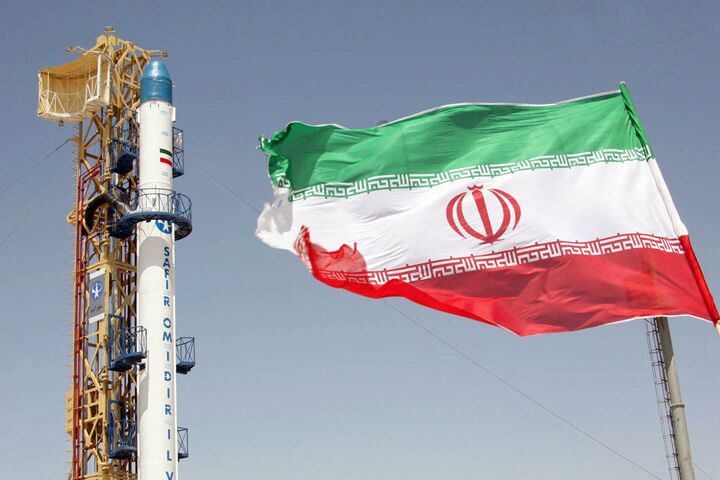
Iran Launches First Satellite
Iran launched its first satellite on Tuesday. Experts around the world fear that Iran can now launch missiles into southern Europe and is well on the way to creating its own Intercontinental Ballistic Missiles (icbms).
The communications satellite, called Omid, or “hope,” was launched from northern Iran using the Iranian-made Safir 2 rocket, according to the official Islamic Republic News Agency. Pentagon officials and several physicists have confirmed that Iranians actually did launch a satellite.
One expert estimates that using this technology, Iran’s missiles can theoretically reach targets 1,500 miles away.
But it is what a successful launch bodes for the future that really has experts worried. “[O]nce someone has the ability to launch something into space it can, in fact, reach every place on the face of the Earth,” said Uzi Rubin, a former Israeli defense official. Pentagon spokesman Geoff Morrell agreed, saying, “The technology that is used to get this satellite into orbit … is one that could also be used to propel long-range ballistic missiles.”
Iran’s launch shows huge progress in rocket technology, according to Massachusetts Institute of Technology research associate Geoffrey Forden. “In the face of world opposition and sanctions, Iran has joined a very exclusive club: those countries that have managed to orbit a satellite,” he wrote.
Forden was unsure if Iran’s rocket was a three-stage rocket, based on Soviet-era Scud missiles, or if Iran had made the “quantum leap” to the more powerful two-stage rocket. “If it was a two-stage missile then they had a huge jump in technology and that would be very scary,” he told Agence France-Presse.
Since then, it has been confirmed that Iran launched a two-stage rocket.
Naturally, Europe and the U.S. are worried. Envoys from six major powers met in Frankfurt, Germany, on Wednesday to discuss the issue. The group consisted of the five permanent members of the UN Security Council—Britain, America, France, Russia, China—and Germany.
German Foreign Minister Frank-Walter Steinmeier called the launch a “worrying development and a disturbing sign,” as he met with U.S. Secretary of State Hillary Clinton in Washington on Tuesday. He acknowledged the current system of sanctions simply is not working. “We have been trying for years to stop Iran from developing its own nuclear program and its own nuclear weapons. So far we have not succeeded,” he said.
Iran is pushing very aggressively at nations around the world. Armed with icbms, it would be very dangerous. The U.S. won’t deal with the problem. But a power is rising that will. Watch for Europe and Iran to continue on a collision course.
